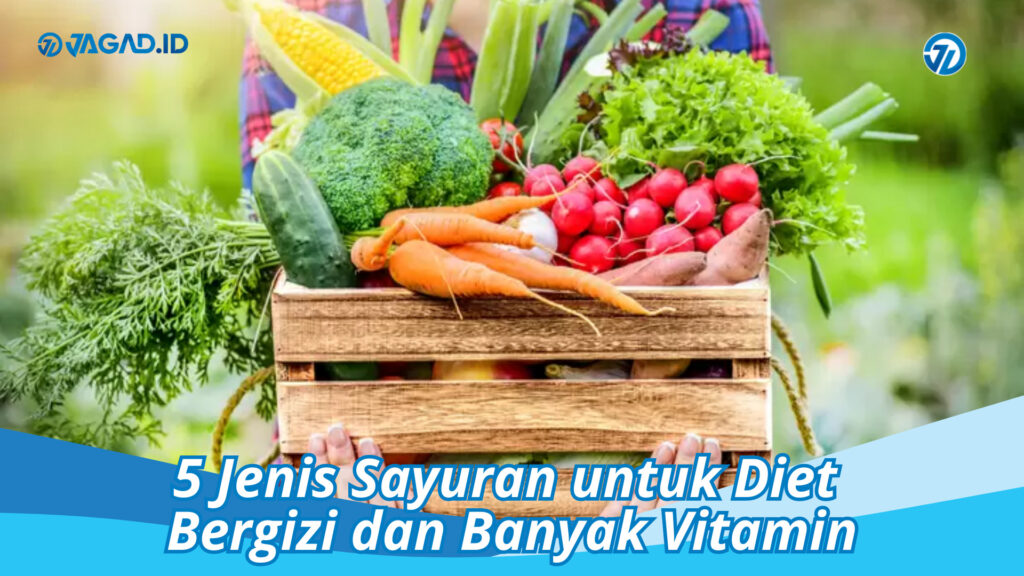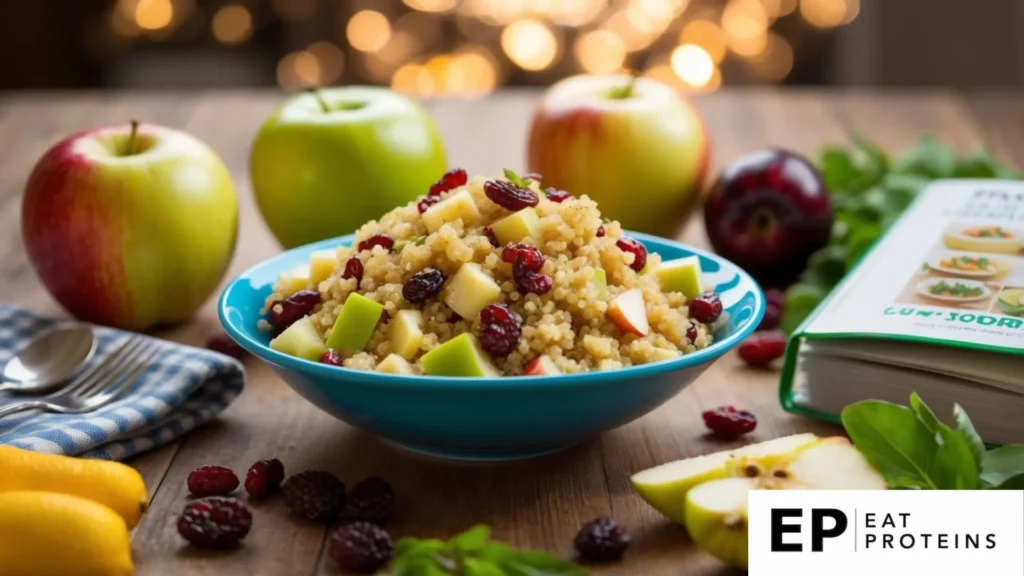How to Choose Organic Vegetables for a Low-Sodium Diet

Embarking on a low-sodium diet can be a transformative journey towards a healthier lifestyle. But with so many options available, how do you ensure you're making the best dietary choices? Choosing organic vegetables is a fantastic start. Not only are they packed with nutrients, but they also help you avoid the pitfalls of excessive sodium intake. Let's dive into the world of organic farming and discover how to select the best vegetables for your sodium-free diet.
The Importance of Organic Vegetables in a Low-Sodium Diet
Organic vegetables are grown without the use of synthetic pesticides and fertilizers, making them a healthier choice for your body and the environment. When it comes to a low-sodium diet, organic vegetables are a game-changer. They are naturally low in sodium and high in essential nutrients, providing a perfect balance for your dietary needs.
Understanding the Benefits of Organic Farming
Organic farming practices prioritize sustainability and environmental health. By avoiding synthetic chemicals, organic farmers help preserve soil quality and biodiversity. This not only benefits the planet but also ensures that the vegetables you consume are free from harmful residues.
Tips Memilih Sayuran Organik untuk Diet Rendah Natrium
Choosing the right organic vegetables for a low-sodium diet requires a bit of knowledge and planning. Here are some tips to guide you:
1. Know Your Vegetables
Not all vegetables are created equal when it comes to sodium content. Leafy greens like spinach and kale are excellent choices, as they are naturally low in sodium and high in vitamins and minerals. Other great options include bell peppers, carrots, and broccoli.
2. Read the Labels
Even organic vegetables can sometimes be packaged with added sodium, especially if they are pre-seasoned or marinated. Always read the labels to ensure you're getting the purest form of the vegetable. Look for labels that say "sodium-free" or "no added salt."
3. Shop Local
Supporting local farmers is not only good for the community but also ensures you get the freshest produce. Local farmers' markets often have a wider variety of organic vegetables that are harvested at their peak ripeness, ensuring maximum nutritional value.
4. Grow Your Own
If you have the space, growing your own organic vegetables is a rewarding experience. It allows you to control every aspect of the growing process, from the soil to the water, ensuring a truly organic and sodium-free product.
Nutritious Vegetables for a Sodium-Free Diet
Incorporating a variety of nutritious vegetables into your diet is key to maintaining a healthy lifestyle. Here are some top picks:
Leafy Greens
Leafy greens like spinach, kale, and Swiss chard are packed with vitamins A, C, and K, as well as iron and calcium. They are versatile and can be used in salads, smoothies, or cooked as a side dish.
Cruciferous Vegetables
Broccoli, cauliflower, and Brussels sprouts are part of the cruciferous family and are known for their cancer-fighting properties. They are also low in sodium and high in fiber, making them an excellent choice for a low-sodium diet.
Root Vegetables
Carrots, beets, and sweet potatoes are rich in antioxidants and vitamins. They can be roasted, boiled, or even eaten raw, providing a variety of textures and flavors to your meals.
The Role of Organic Vegetables in a Healthy Lifestyle
Organic vegetables play a crucial role in a healthy lifestyle. They provide essential nutrients that support overall health and well-being. By choosing organic, you are not only making a healthier choice for yourself but also contributing to a more sustainable future.
The Impact of Dietary Choices
Your dietary choices have a significant impact on your health. A diet rich in organic vegetables can help lower blood pressure, reduce the risk of heart disease, and improve overall energy levels. It's a small step that can lead to big changes in your well-being.
Conclusion
Choosing organic vegetables for a low-sodium diet is a smart and healthy decision. By understanding the benefits of organic farming, knowing which vegetables to choose, and incorporating them into your diet, you can significantly improve your health and well-being. Remember, every small change you make towards a healthier lifestyle is a step in the right direction.
FAQs
What are the benefits of a low-sodium diet? A low-sodium diet can help lower blood pressure, reduce the risk of heart disease, and improve overall health. It is particularly beneficial for individuals with hypertension or kidney disease.
How do I know if a vegetable is organic? Look for the USDA Organic seal or other certified organic labels. These labels ensure that the vegetables have been grown according to strict organic farming standards.
Can I still enjoy flavorful meals on a low-sodium diet? Absolutely! You can use herbs, spices, and other natural flavorings to enhance the taste of your meals without adding sodium. Experimenting with different combinations can make your meals exciting and delicious.
Are there any vegetables I should avoid on a low-sodium diet? While most vegetables are naturally low in sodium, be cautious with canned or processed vegetables, as they often contain added salt. Always opt for fresh or frozen organic vegetables when possible.
How can I incorporate more organic vegetables into my diet? Start by including a variety of organic vegetables in your meals. Try adding them to salads, soups, stir-fries, and smoothies. The more you experiment, the more you'll discover new and delicious ways to enjoy them.



Belum ada Komentar untuk "How to Choose Organic Vegetables for a Low-Sodium Diet"
Posting Komentar